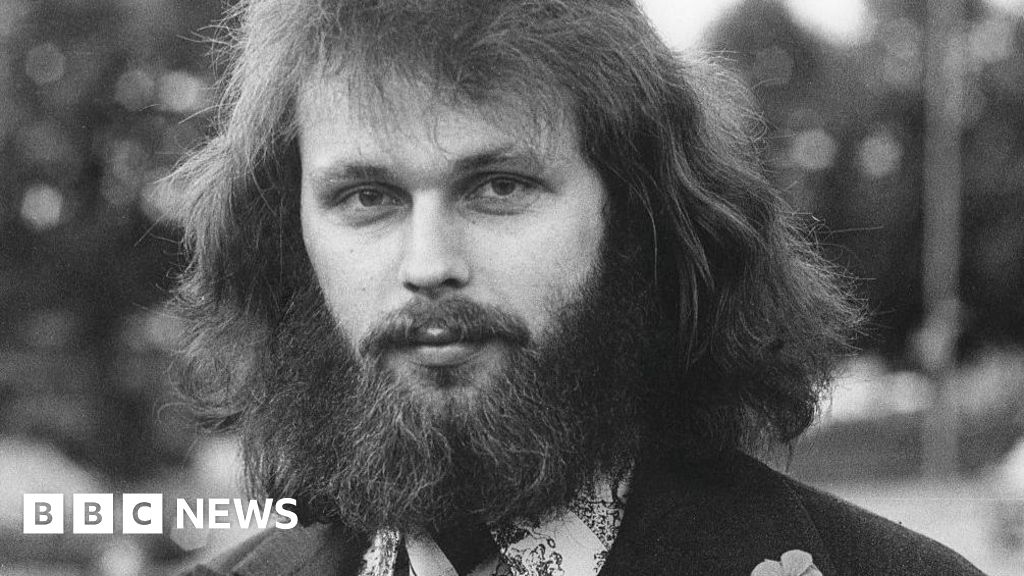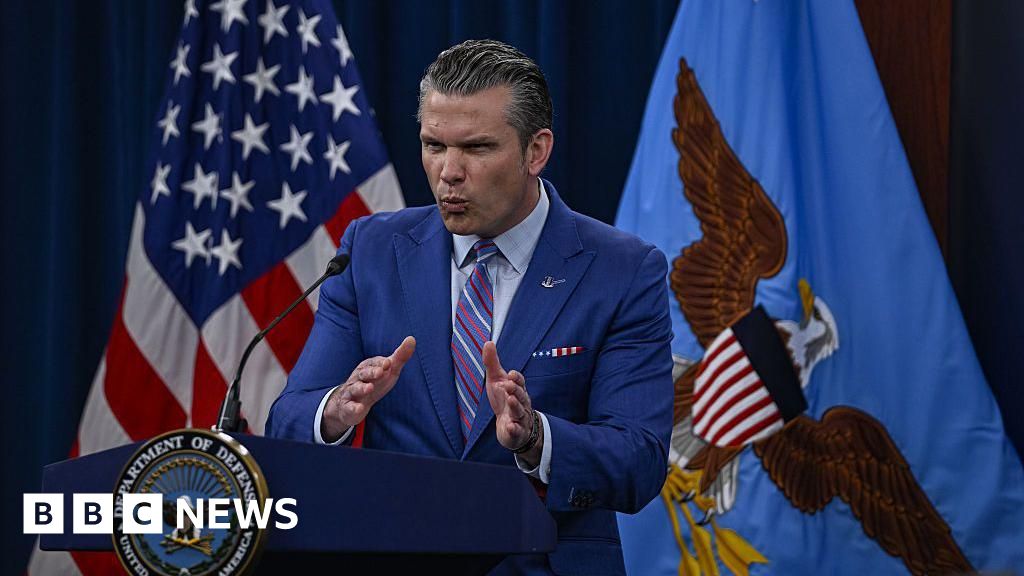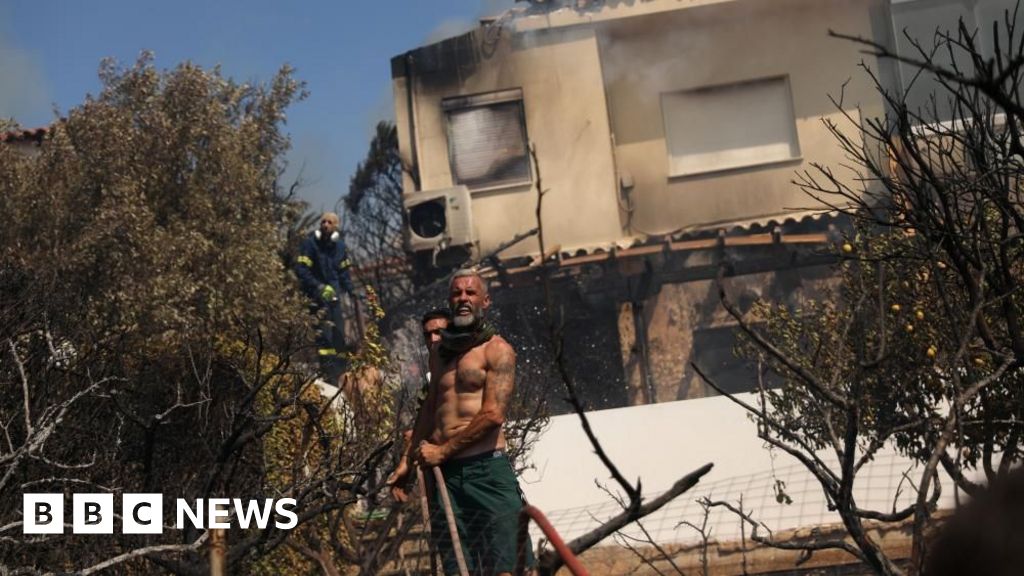When Shireen Abu Akleh, a renowned Palestinian American broadcaster, was shot and killed in 2022 in the northern West Bank, Israeli officials initially suggested that she may have been hit by a Palestinian militant. Months later, the military changed its account, acknowledging that she most likely was shot by an Israeli soldier — whom it declined to identify.
Three years later, a new documentary has identified and named an Israeli soldier as the shooter, apparently solving a mystery that was a major focus at the time of the incident.
Zeteo News, a left-leaning online news outlet, named the shooter as Capt. Alon Scagio, then a 20-year-old marksman in an elite commando unit, citing another soldier in his squad.
Two Israeli military officials, speaking on the condition of anonymity to discuss a sensitive matter, confirmed the documentary’s conclusions to The New York Times. Asked by The Times to confirm the identity of the soldier, the Israeli military said it had made “no definitive determination regarding the identity of the individual responsible for the shooting.” At the same time, it passed along a message from the Scagio family requesting that journalists avoid publishing the captain’s name.
Ms. Abu Akleh, a veteran reporter for Al Jazeera, was a household name in the Middle East. Her death set off mourning across the region and prompted greater global scrutiny of Israel’s occupation of the West Bank. Her U.S. citizenship also prompted unusual concern from the Biden administration, leading to friction between the American and Israeli governments.
According to a biography posted on the Israeli Defense Ministry’s website, Captain Scagio was a career soldier who trained as an elite sniper and fought in the West Bank for eight months in 2022. Later, he served in Gaza, following Hamas’s attack on Israel in October 2023, before being transferred back to the West Bank, the biography said.
Captain Scagio was killed in the West Bank city of Jenin last June, age 22, after his convoy was hit by a roadside explosive, the biography said.
Zeteo’s documentary concluded that Captain Scagio had fired on Ms. Abu Akleh in the same city more than two years earlier. She had been covering an Israeli military raid and clashes between Israeli soldiers and Palestinian militants. The Zeteo team was led by a former Wall Street Journal correspondent, Dion Nissenbaum, and included a regular freelance contributor to The New York Times, Fatima AbdulKarim.
Wearing protective gear marked with the word “press,” Ms. Abu Akleh was hit while walking with a group of similarly dressed journalists toward a small convoy of Israeli military jeeps. An investigation by The Times in 2022 found that the bullet that killed Ms. Abu Akleh was fired from the approximate location of the Israeli military convoy, most likely by a soldier from an elite unit.
The evidence reviewed by The Times showed that there were no armed Palestinians near her when she was shot. It contradicted Israeli claims that, if a soldier had mistakenly killed her, it was because he had been shooting at a Palestinian gunman.
As an American citizen, Ms. Abu Akleh’s killing prompted the Biden administration to push Israel to more rigorously investigate her death. Later, the Biden administration was itself accused of downplaying Israeli culpability, a charge dismissed by the State Department, which concluded that while Israeli soldiers may have killed the journalist, they did not target her intentionally.
The Zeteo documentary, citing an anonymous source, said that U.S. officials had initially decided after a site visit that Ms. Abu Akleh had been deliberately targeted, before changing their conclusions in the final version of the report to avoid upsetting Israel.
A senior U.S. official familiar with the report said its conclusions were never altered and no draft version had ever concluded that Ms. Abu Akleh had been intentionally killed. The official also said that the American officers who visited the site of the shooting were unable to reach a definitive conclusion on the soldier’s exact line of sight, let alone the shooter’s intention, because the Americans did not assess the site from within an Israeli military vehicle.
The Times investigation was also unable to determine the shooter’s exact field of vision or intention.
The Office of the Security Coordinator — the unit of the State Department that investigated the incident — declined to comment.
Ms. Abu Akleh’s funeral attracted global outcry after Israeli police officers assaulted mourners carrying her coffin, causing them to drop it.
Natan Odenheimer and Ronen Bergman contributed reporting.
Source link














